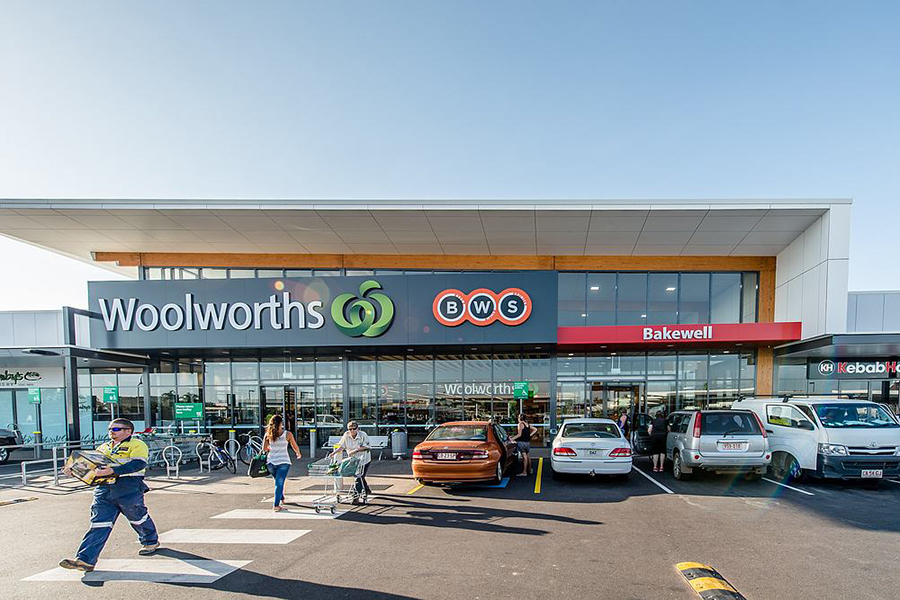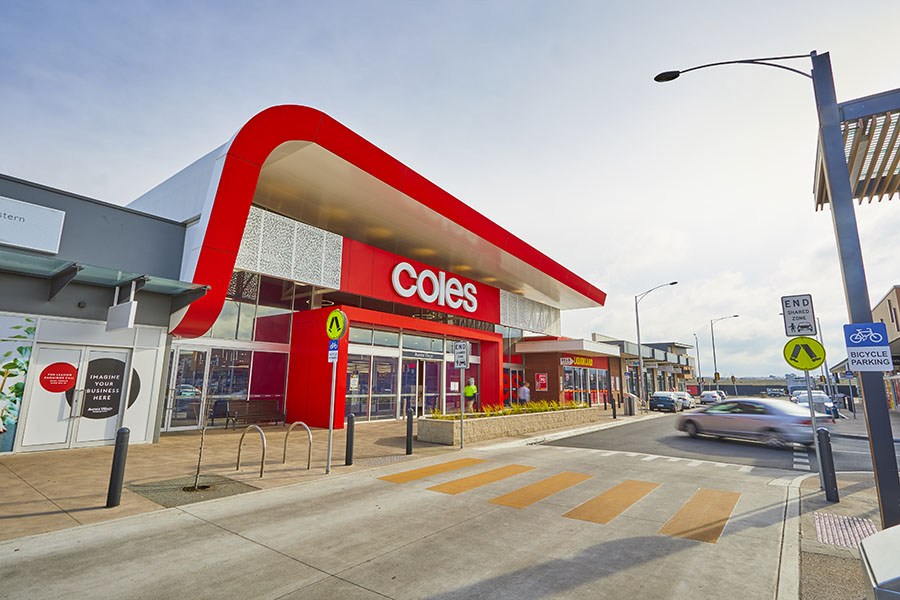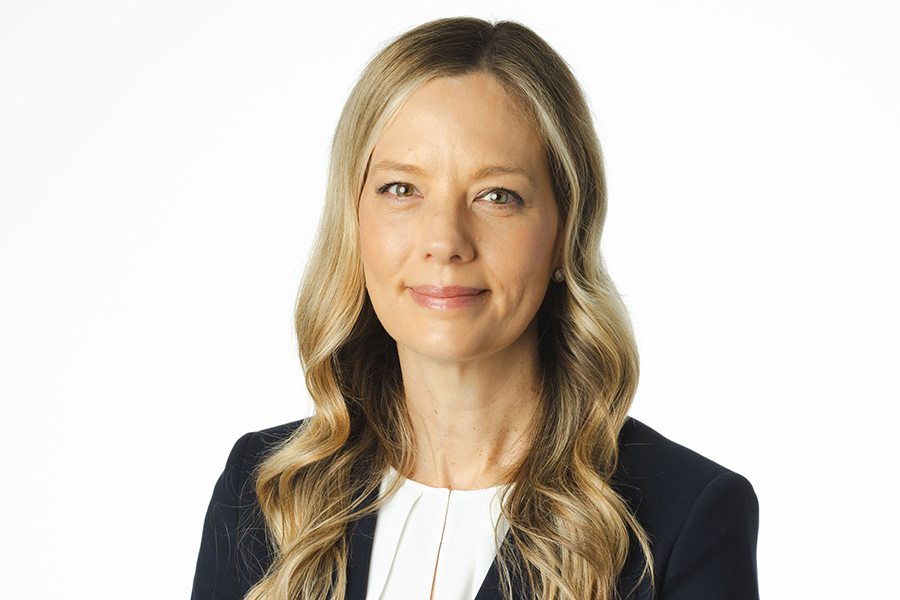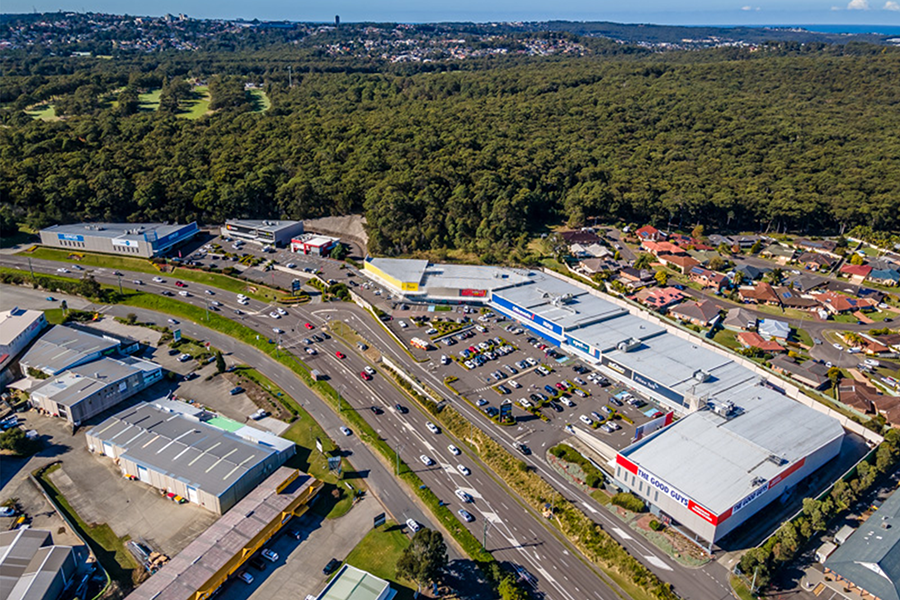According to JLL Research, the confidence in the supermarket sector escalates. The report states neighbourhood centre investments were $1.3 billion in 2019 or 21% of total retail transactions, nationally. While the share of total transactions was consistent with the last five years, activity was down 30% year-on-year in value terms, partly reflecting a shortage of available stock for sale. Private investors and syndicates are targeting non-discretionary anchored neighbourhood shopping centres for their resilient and robust investment profiles.
JLL’s Director of Retail Investments – Australia, Nick Willis said, “There remains deep pockets of liquidity in the retail sector, with notable demand for neighbourhood assets up to $100 million to $150 million driven by both private investors and syndicates.”
“We have experienced a resurgence of investor demand from these groups (private investors and syndicates) and offshore investors with active management expertise who are attracted to the risk adjusted returns on offer in comparison to other real estate sectors.”
JLL’s Joint Head of National Retail Investments- Australia, Jacob Swan highlighted constrained retail investment activity in the first half of 2019 spurred significant investment in the fourth quarter of the year which has continued into 2020.
“Notably in the past six months we have seen a real shift in investor demand towards neighbourhood centres from both local and offshore privates and larger institutions looking to get scale, given their defensive non-discretionary nature and annuity style return”, Swan said.
Throughout 2019, private investors and syndicates acquired 48% of neighbourhood centres, up from 34% in in 2018, according to JLL Research.
JLL’s Senior Analyst of Retail Research, Georgia Mack said: “Food retailing, which is predominantly supermarket spend, accounts for the largest portion of retail turnover in Australia at 41%. With supermarkets as anchor tenants of neighbourhood centres, demand remains strong for these assets, particularly those located in metropolitan areas with long-term development potential.”
“The recent withdrawal of Kaufland from Australia, before opening its first store, will be a positive for Woolworths and Coles. This will support sales for both supermarkets along with investment appetite for neighbourhood centres anchored by either and/or both tenants,” Mack said.
Woolworths are currently offloading four strong performing neighbourhood shopping centres. JLL’s Jacob Swan and Nick Willis have been appointed to sell Woolworths Bakewell on behalf of Woolworths Group Limited via an expressions-of-interest campaign.

Woolworths Bakewell
“The supermarket trades at phenomenal levels some 51% above the national average, demonstrating the success and precision of the Woolworths strategy. Assets of this performance are rarely traded and typically held as generational investments,” Willis said.
The neighbourhood centre is situated in the inner suburbs of Palmerston North, about 25 kilometres south-east of Darwin and includes a 4,800m2 Woolworths and a BWS liquor store, 12 specialty shops and 287 car spaces.
Given the outstanding performance of the supermarket and defensive nature of the tenant mix we anticipate interest from both national investors and offshore noting the proximity to Asian markets,” said Swan.
Woolworths Keysborough South, Spring Farm and Wadalba are the three remaining stores being offered to market.





















